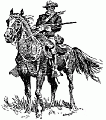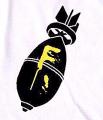staff officers to do at the end of the 11 month course? One of the things I learned teaching CGSC at Leavenworth after being a college professor for 15 years was the above is the right question to ask. Its answer determines subjects and teaching/learning methodology.
Cheers
JohnT













Bookmarks